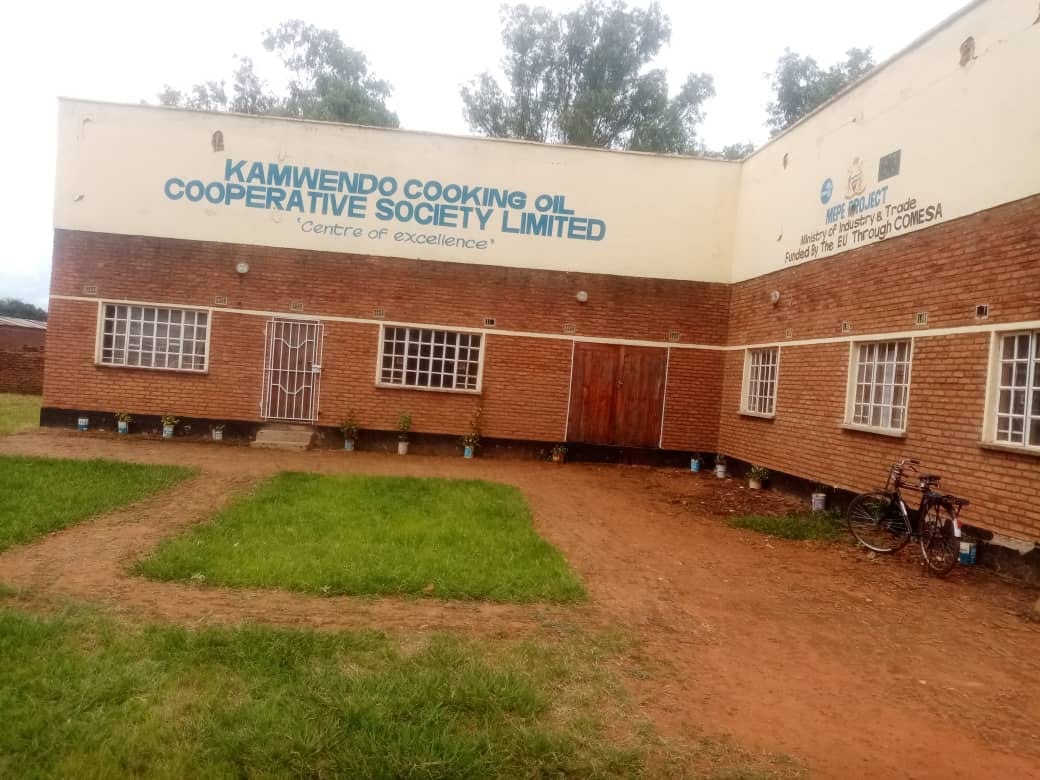Malawian Cooperative Takes Action to Fight Malnutrition, Boost Economy
Malnutrition continues to be a significant challenge in Malawi, with almost half of the children under five stunted and 27% underweight, according to the Global Nutrition Report by UNICEF, writes Roya
Malawi-Malnutrition continues to be a significant challenge in Malawi, with almost half of the children under five stunted and 27% underweight, according to the Global Nutrition Report by UNICEF, writes Royal Kasiya.
This not only impacts children's health but also the country's economy. In response, Kamwendo Cooking Oil Cooperative Limited, a small-to-medium enterprise cooperative in Traditional Authority Zulu, Mchinji, has launched a project to combat malnutrition by providing a market for small-scale farmers and offering training opportunities to community members on food and nutrition.
"Our goal is to rescue under-five children from malnutrition," said Joseph Chioko, chairperson of the cooperative.
"We produce about 8,000 litres of cooking oil per day, which we sell to communities at an affordable price so that even those who are not well-to-do families can have access to it."
Since its establishment in 2009, the cooperative has trained over 510 family members on food and nutrition and provided internship opportunities to students from institutions such as Lilongwe University of Agriculture and Natural Resources and Magomero Community Development College.
Nofita Manjalera, a cooperative beneficiary, expressed appreciation for the effort made by the cooperative in her community.
"It's been a divine support for me and my family to acquire knowledge on food and nutrition as well as access to affordable nutritious products, which boosts our health status," she said.
Jimmy Banda, Senior Group Village headman Kamwendo, commended the cooperative's efforts, saying, "It's only healthy and strong people who can participate actively in the development activities of the community."
However, despite the cooperative's efforts, it has not been able to increase production to meet the growing demand for its products. To address this, the cooperative has entered into contract production agreements with small-scale farmers who produce the necessary raw materials.
"We have agreed with small-scale farmers who grow crops such as sunflowers, groundnuts, and soya beans, to buy their products at a reasonable price to supplement those we cultivate in our fields," said Chioko.
To address the challenge of training farmers on modern agricultural methods, the cooperative has been hiring locally-based extension workers to impart knowledge on farming technologies and increase production.
Looking ahead, Chioko shared that the cooperative plans to establish additional centres to tackle malnutrition challenges facing children in various parts of the country.



